On June 1, 2017, Dr Lucica Ditiu, the Executive Director of the Stop TB Partnership with support of Alliance of Public Health held series of meetings with stakeholders and the community representatives on current challenges for TB response in Ukraine, successes and obstacles in achieving the objectives of the strategy END TB, collaboration with government agencies and civil society organizations in the sphere TB. As the visit took place in the International Children’s Day, the traditional appeal of the Partnership is dedicated to Ukraine. Public Health Alliance contributed to this appeal.
1st June, 2017, Ukraine – Today we celebrate International Children’s Day and it’s time to think of the one million children who are suffering with or are affected by TB and TB/HIV. Many children who live with parents, guardians and others who have confirmed TB do not receive preventive therapy. Many more thousands are sick with TB and do not have access to proper diagnosis or treatment, and 200,000 children’s lives are taken annually by TB – an unacceptable tragedy for a curable disease.
Today we celebrate International Children’s Day and it’s time to think of the thousands and thousands of children who are suffering with or are affected by TB and TB/HIV. Many children who live with parents, guardians and others who have confirmed TB do not receive preventive therapy. Many more thousands are sick with TB and do not have access to proper diagnosis or treatment.
In many countries, children whose parents or guardians have TB are removed from their care and placed in orphanages or foster care. Their parents are often hospitalized for months and children pay the price of isolation policies that are not people-centered and do not consider the hardship on the families.
During a high-level mission in Kyiv in collaboration with Alliance for Public Health for the “Regional Cities Project,” the Stop TB Partnership discussed with Partners including the Ministry of Health, the National TB Program Manager, and the WHO Country Office, the achievements and challenges faced by country programmes in offering appropriate packages of care to all those affected by TB. The discussion evolved around the need for a paradigm shift in the TB work, ensuring that people affected by TB and especially children are at the core of all our interventions.
Ukraine National TB Program reports 100% coverage with preventive therapy of all child contacts of people who have confirmed TB. In spite of preventive therapy being a cost effective, proven intervention, globally, only 77 countries in 2015, reported coverage with preventive therapy in children contacts of bacteriologically positive people with TB – translated into 87,200 child household contacts out of 1.2 million (estimated to be eligible) receiving preventive TB therapy. Ukraine is among the few countries globally reporting 100% coverage.
Oksana Syvak, Deputy Ministry of Health of Ukraine on European Integration
“By introducing patient-oriented approaches in providing services to people affected by tuberculosis today we can significantly improve the quality of medical care. Also, it enables us to come closer in achieving ambitious goals of the global strategy towards ending TB epidemic in Ukraine.
However, today in Ukraine it is critical to implement approaches of public health. First of all, we have to protect people, especially children, from the possibility of getting sick from the vaccinated-driven infections, which includes tuberculosis. In addition, the Ministry of Health of Ukraine is currently engaged in complying to the approaches of detection and case management of TB in children with WHO recommendations, which will significantly improve the quality of medical care. ”
Nataliya Nizova, Director General of the Public Health Center of the Ministry of Health of Ukraine
“As of today, the treatment of TB in Ukraine is free and generally available. But we should not forget about effective means of prevention which can save thousands of lives. I refer here to preventive therapy and BCG vaccination at birth in endemic countries. In Ukraine, TB morbidity in 2016, new cases and relapses, of children (0-14 years) is 8.8 per 100, 000 population (571 cases).
Only through the joint efforts of both on national and international levels, providing professional patient-oriented medical and social care and implementing effective preventive and information interventions we are able to overcome TB epidemic.”
Andriy Klepikov, Executive Director of Alliance for Public Health.
“Civil society should guard the interests of children and demand that governments and donors make investments in research to develop effective vaccines, diagnostic and treatment tools and child-friendly care. After all, it is the question of child’s rights protection.”
Lucica Ditiu, Executive Director of the Stop TB Partnership
“I hope the world will pay attention to the great steps forward that Ukraine is making towards ending TB: increased domestic financing for TB and HIV, bold public health reform, increasing partnership with civil society and declaring Odesa and Kyiv as fast track Zero HIV and TB cities, and a specific focus on all those vulnerable, including children with TB. I am glad we can support our colleagues and friends here as only by working together under the leadership of the Ukrainian government, can we hope to end TB in Ukraine before 2030.”


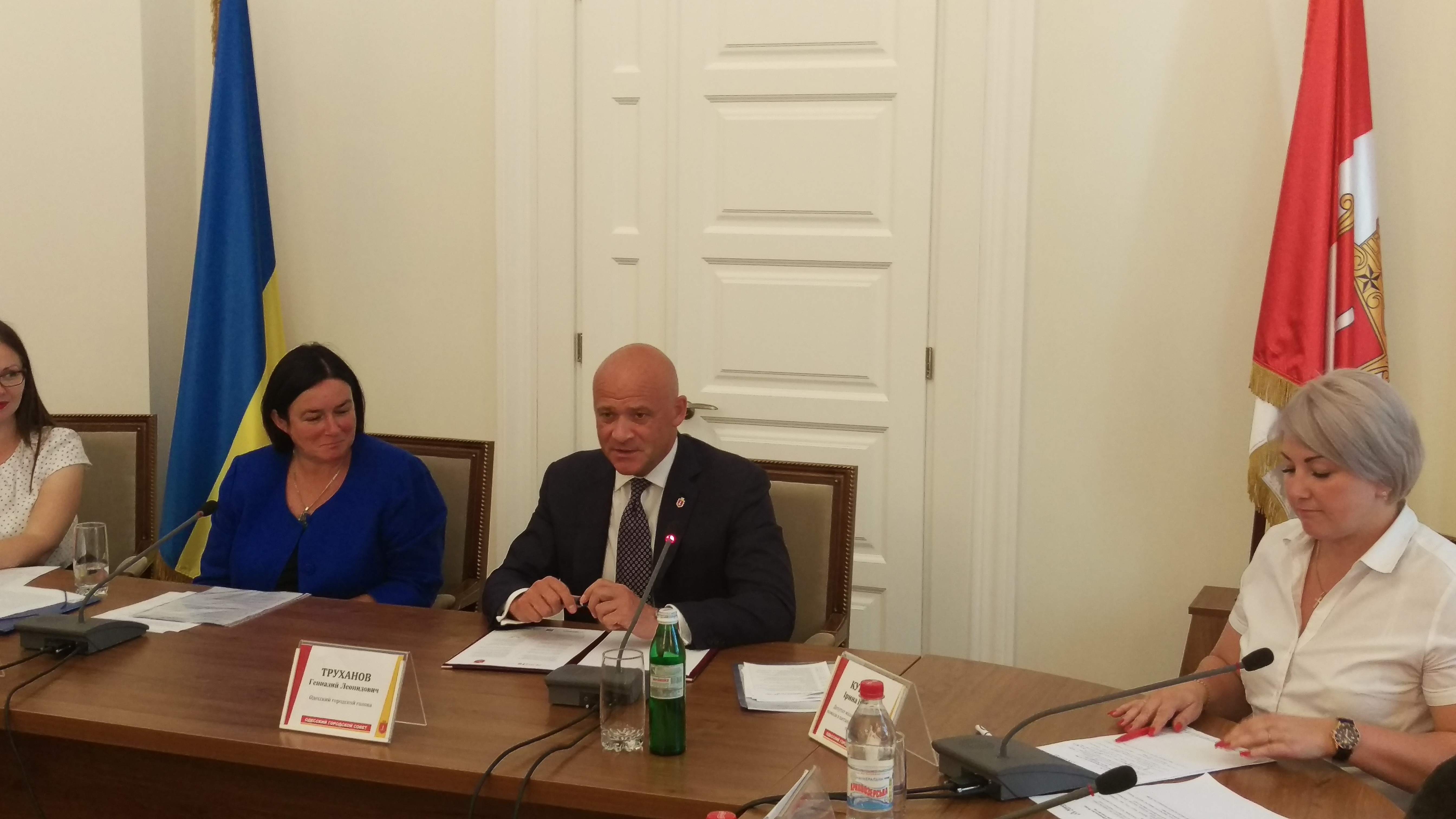
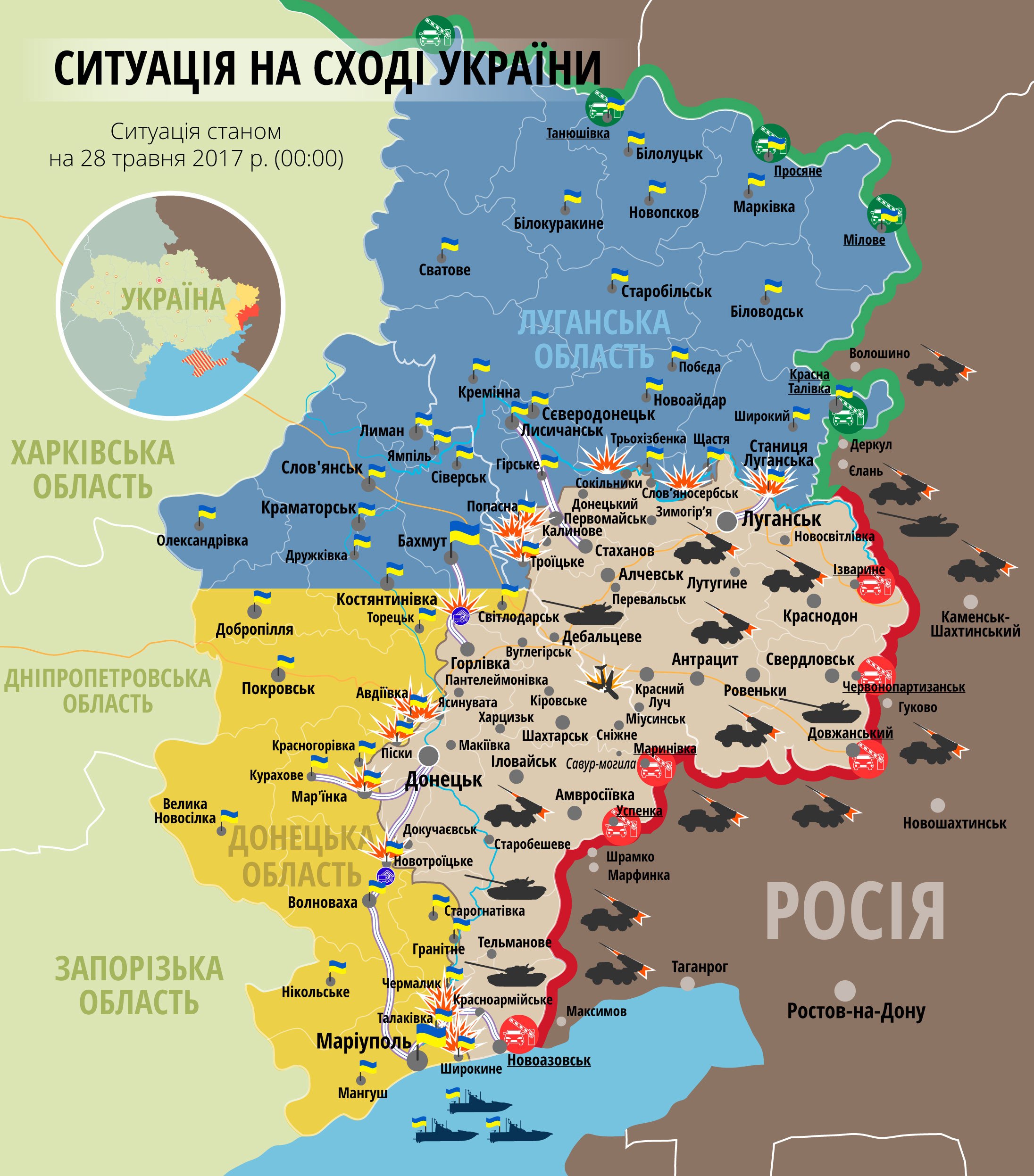
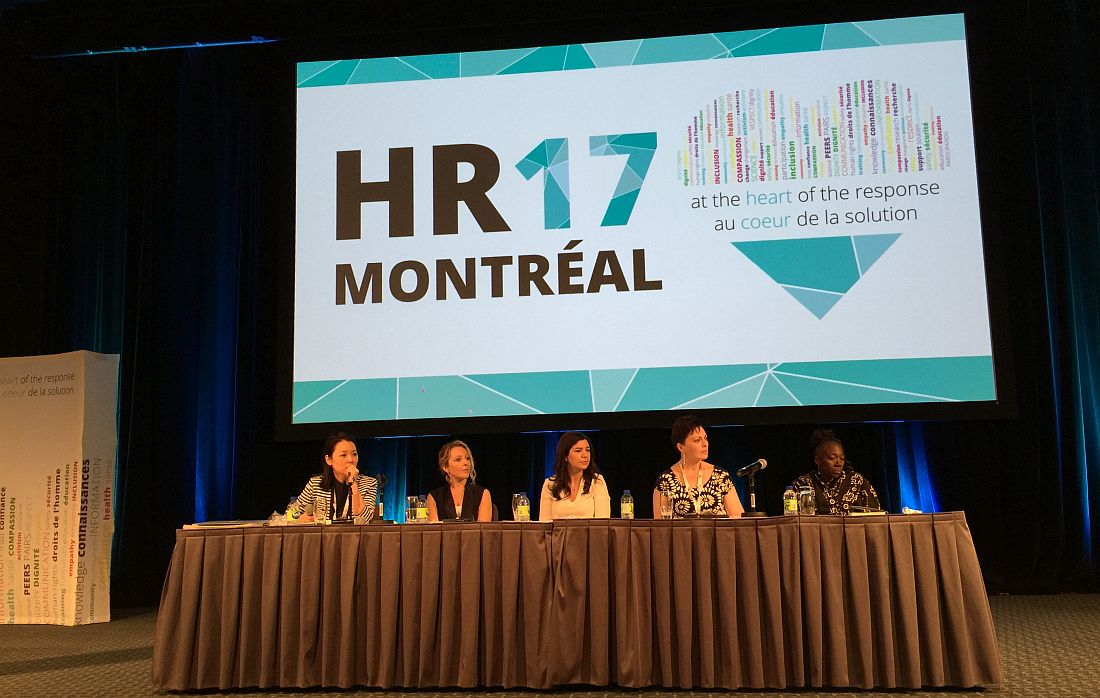
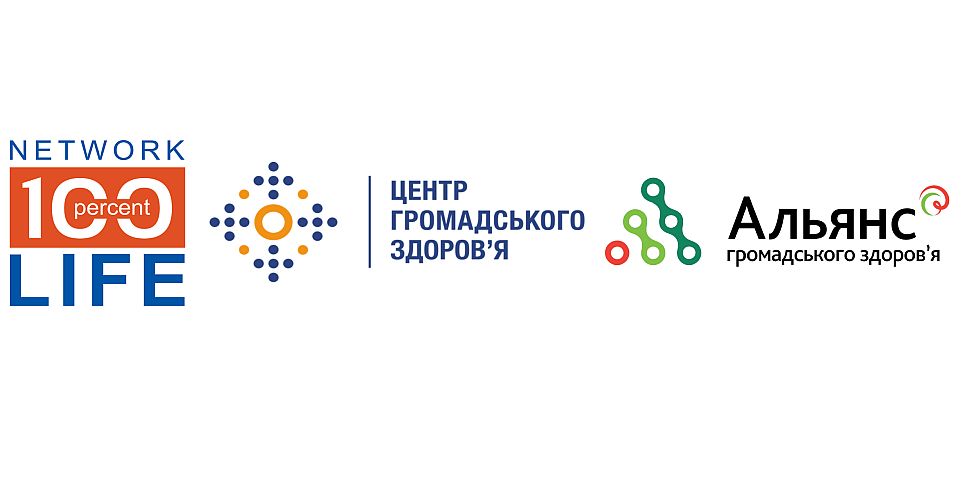
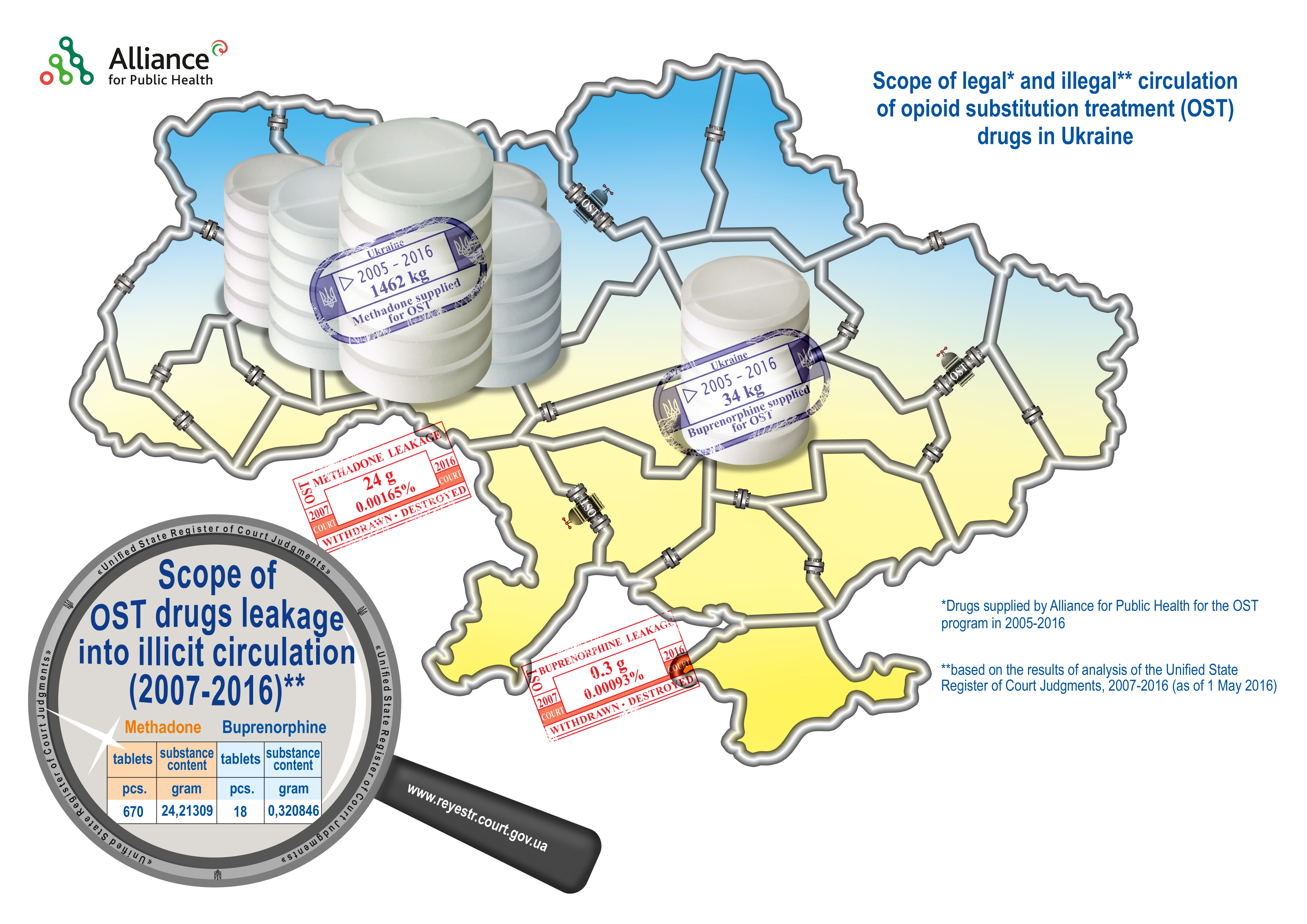
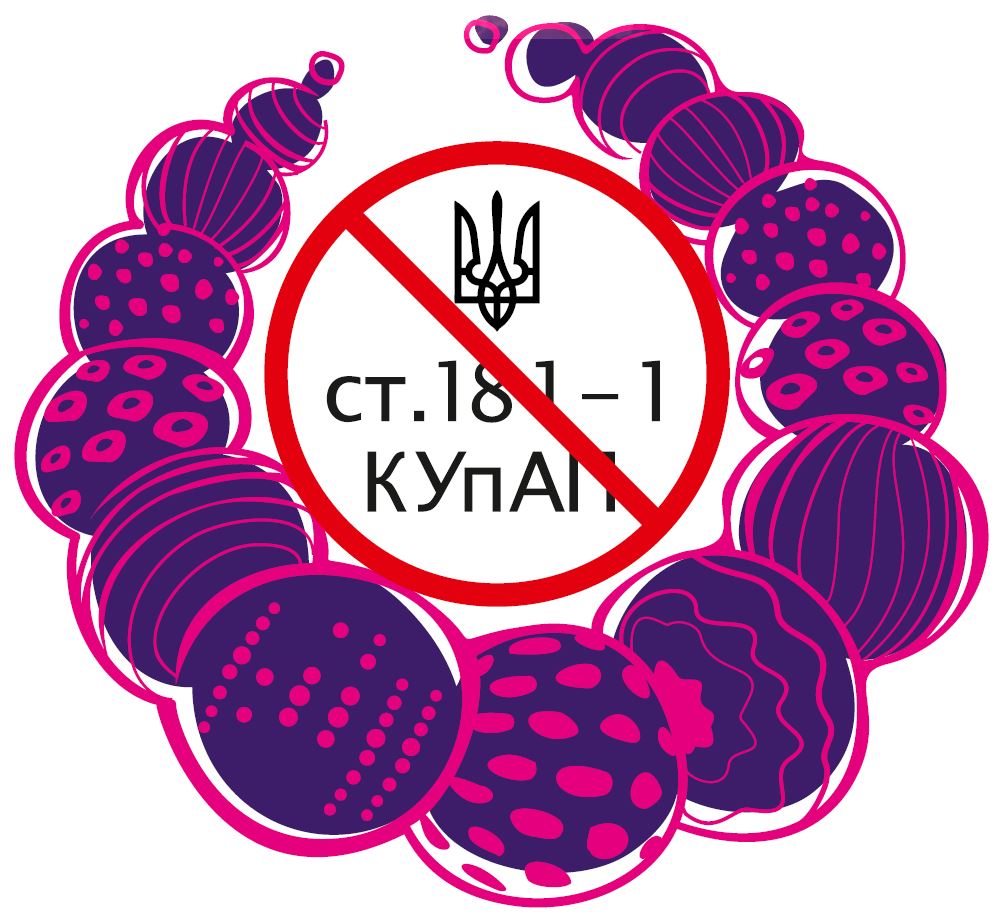

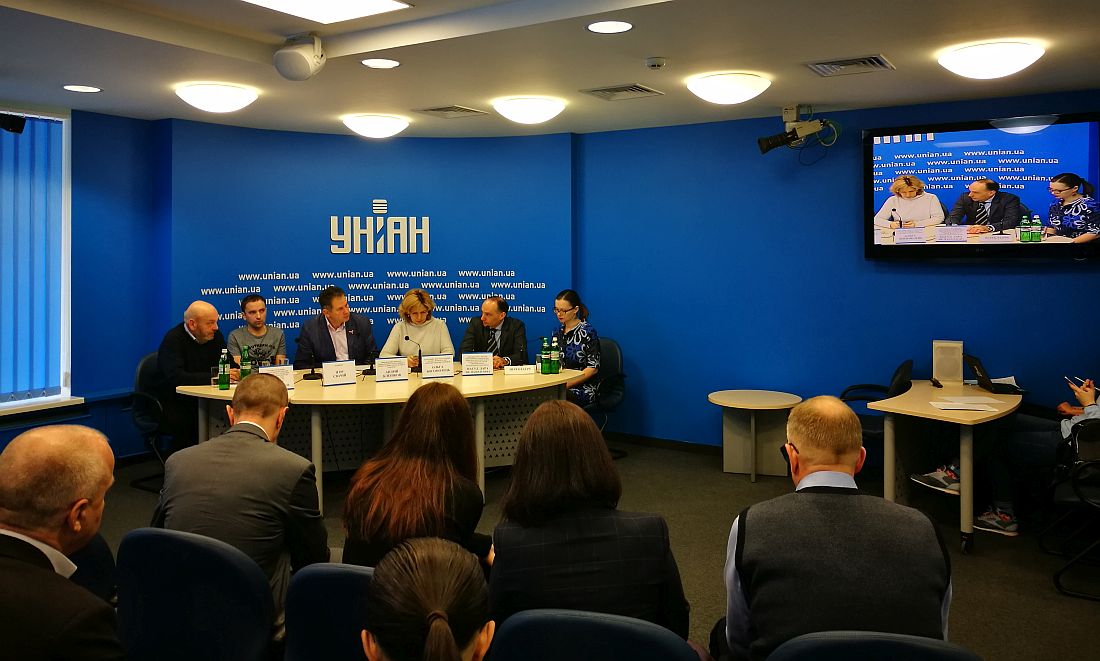
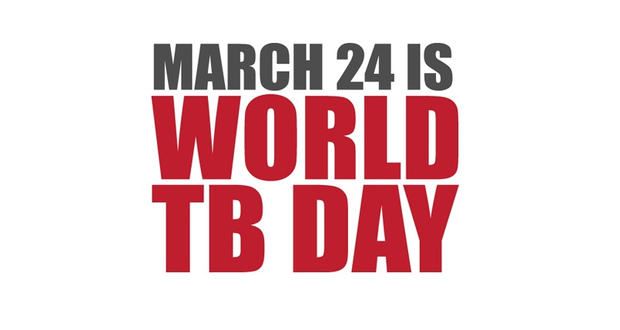
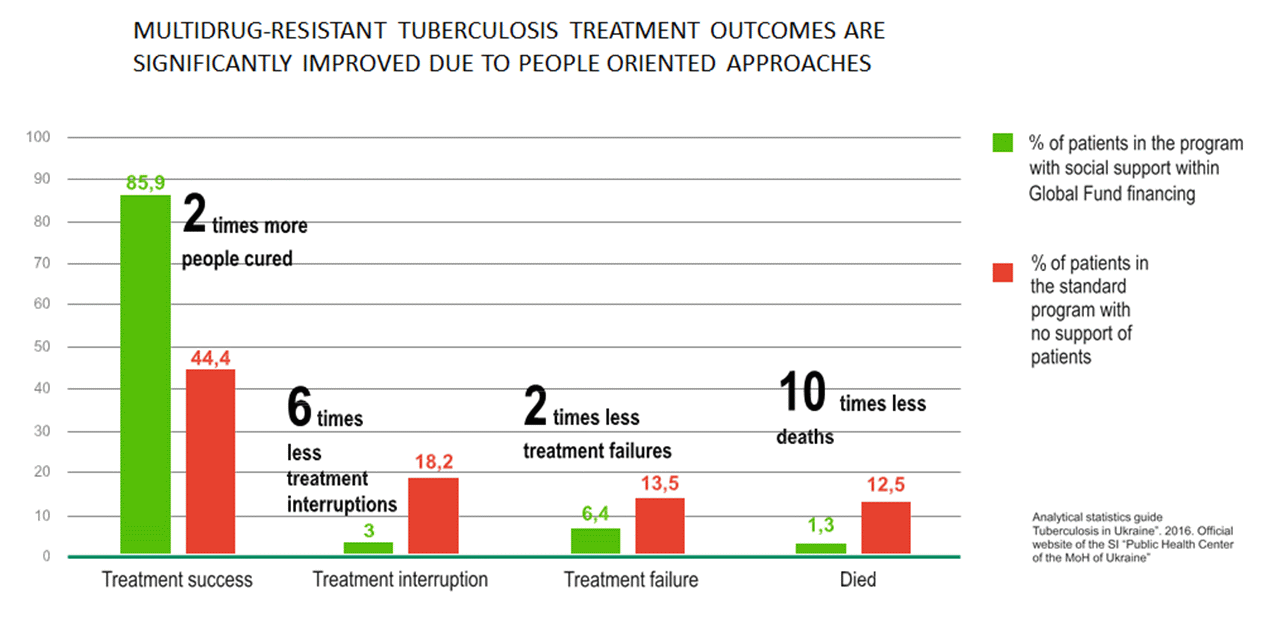
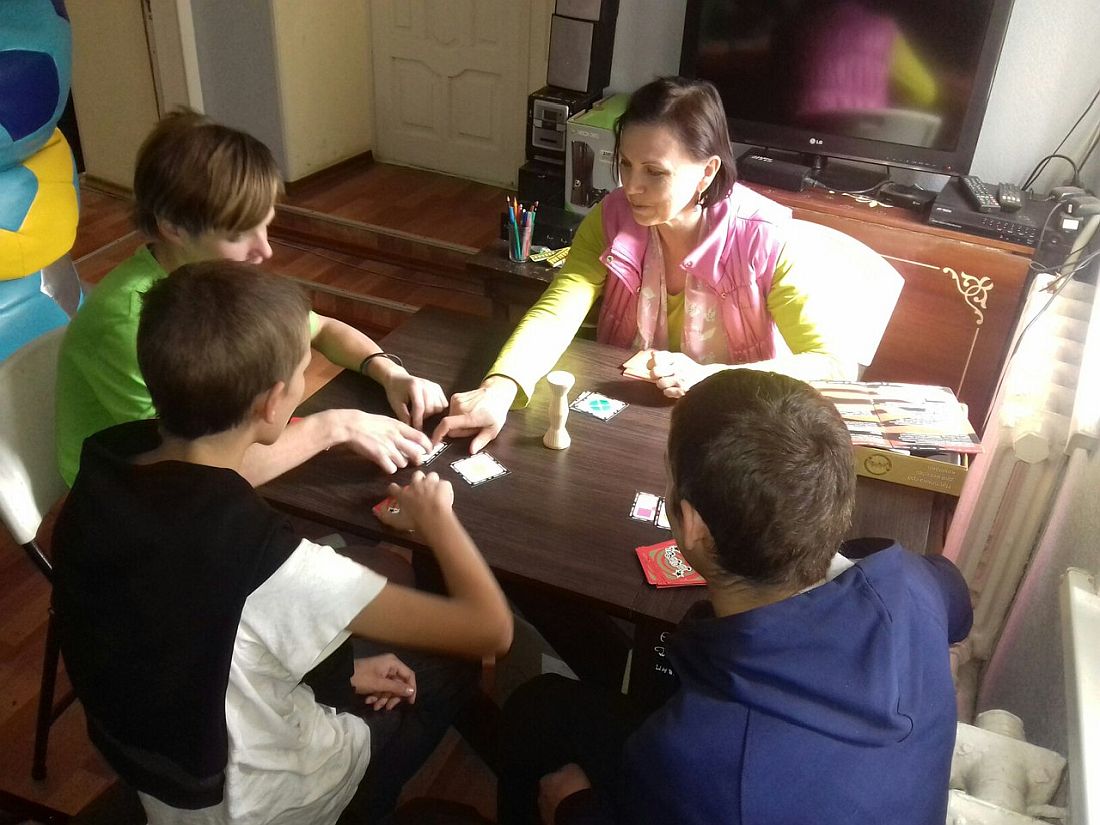
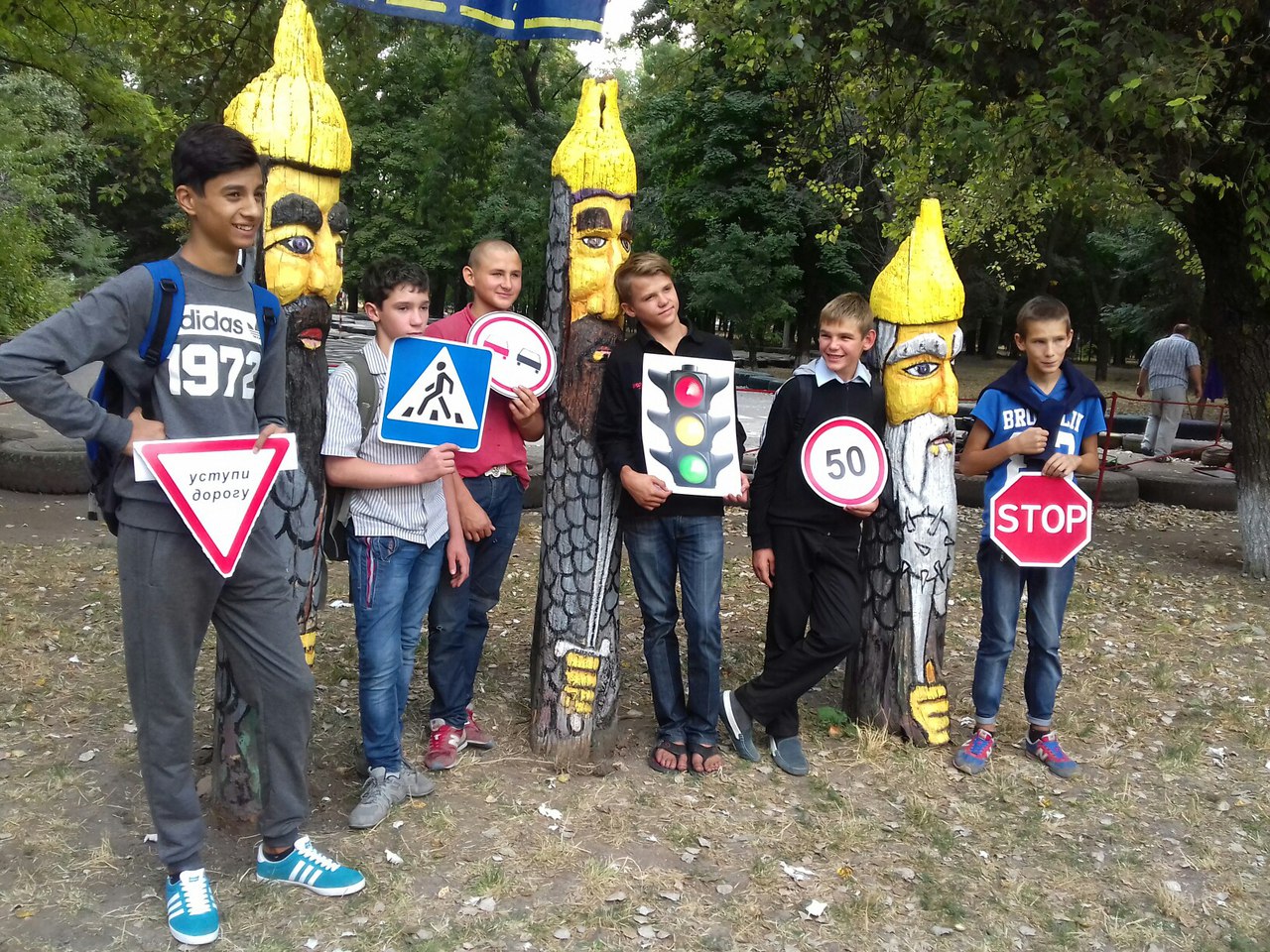 On 20 March 2017, Practice Centre for HIV, Hepatitis C and Drug Use run by Alliance for Public Health organized a webinar “Harm reduction for adolescents who use drugs in Ukraine: reaching the underserved”. Iryna Zharuk, Project Coordinator presented the experience of Alliance for Public Health in implementing this innovative project. Participants of the webinar learnt about the intervention design, planning steps, networking and partnership, project activities, research component, challenges and how they are addressed. To listen to the webinar,
On 20 March 2017, Practice Centre for HIV, Hepatitis C and Drug Use run by Alliance for Public Health organized a webinar “Harm reduction for adolescents who use drugs in Ukraine: reaching the underserved”. Iryna Zharuk, Project Coordinator presented the experience of Alliance for Public Health in implementing this innovative project. Participants of the webinar learnt about the intervention design, planning steps, networking and partnership, project activities, research component, challenges and how they are addressed. To listen to the webinar,